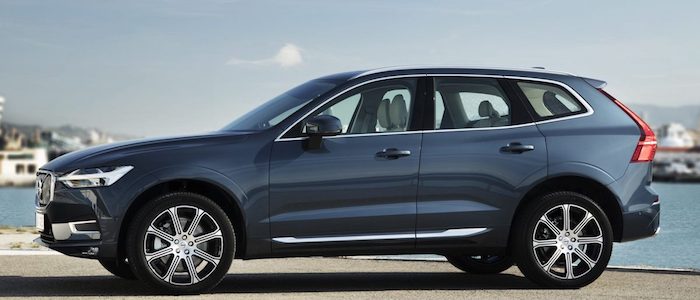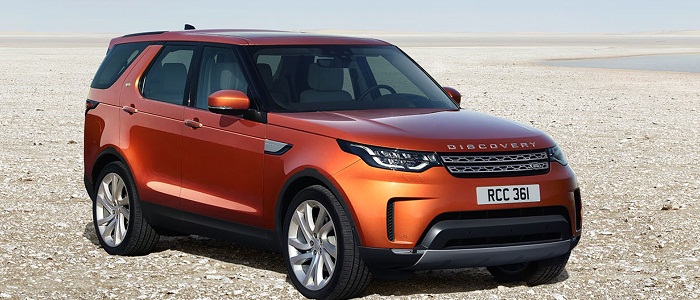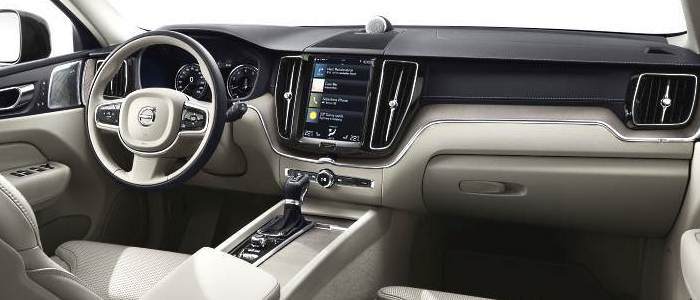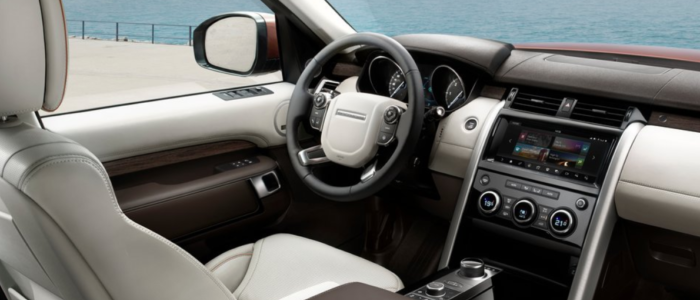Compare two cars
Compare any two cars and get our Virtual Adviser™ opinion
Dimensons & Outlines
Check vehicle history
Engine
2.0 Ingenium 180
Performance (manual gearbox)
Performance (automatic gearbox)
Expenses
Virtual Adviser's™ opinion
Two significantly similar cars, no doubt about that. Still, each one has something different to offer. Having both cars powered by diesel engines and utilizing the 5-door suv body style within the same 'SUV' segment, the only major difference here really is their wheel drive configuration (front for the Volvo and 4 x 4 in the case of the Land Rover). The first one has a Volvo-engineered powertrain under the hood, a 4-cylinder, 16-valves 190hp unit, while the other one gets its power and torque from a 4-cylinder, 16-valves 180hp engine designed by Jaguar.
SafetyThe first thing to look into here would be the results from European New Car Assessment Programme (Euro NCAP) tests performed on the two cars. Good thing is that both vehicles got tested, with the same number of safety stars gained in the process. That aside, let's consider some other aspects which affect safety. Both vehicles belong to the suv segment, which is generally a very good thing safety-wise, but it doesn't do much to help us decide between the two. On the other hand, if we'd like to consider vehicle mass in this context too, which we definitely should, the British car offers a considerable difference of 14% more metal.
ReliabilityI don't like generalizing things when it comes to reliability, although it does seem that Volvo as a brand displays somewhat better results, all the models observed together. These are the results of an independent reasearch, while our visitors describe reliability of Volvo with an average rating of 3.2, and models under the Land Rover badge with 3.8 out of 5. The same official information place XC60 as average reliability-wise, and Discovery is more or less at the same level.We should definitely mention that owners of cars with the same powertrain as the Swedish car rank it on average as 4.4, while the one under the competitor's bonnet gets 3.0 out of 5.
Performance & Fuel economyVolvo is undoubtly more agile, reaching 100km/h in 1.7 seconds less than its competitor. In addition to that it accelerates all the way to 205 kilometers per hour, 16km/h more than the other car. When it comes to fuel economy the winner has to be the Swedish car, averaging around 4.9 liters of fuel per 100 kilometers (58 mpg), in combined cycle. We can't ignore that 22% difference compared to the British car.
Verdict
Volvo appears just a bit more reliable, although the difference is truly marginal. The most important thing when deciding between any two vehicles should always be safety, both passive and active. In my opinion, everything taken into account, the British car offers significantly better overall protection, taking the lead here. From there things take a different direction, with Volvo outracing its opponent in any situation possible, making it better choice for boy racers. To make things even better, it consumps less fuel! All together, there's not much more to say, in this case I wouldn't even consider anything but Volvo. Nevertheless, let's not forget that people have different preferences and needs, so what really counts is your personal feel. I'm only here to help. Also, you could use the oportunity to find out which car, everything taken into account, would be the perfect choice for you in the eyes of the virtual adviser™, out of 12.000+ vehicles we currently have in our database.
































